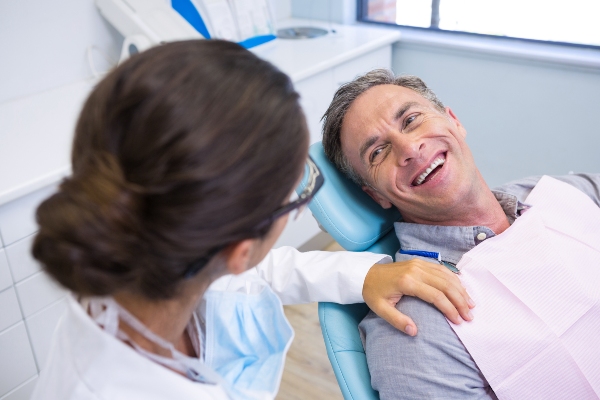What Is a Pulpotomy in Pediatric Dentistry?

Pediatric dentistry focuses on the examination and management of dental health in kids. It is vital for children to have their teeth checked periodically by pediatric dentists for any evidence of caries and tooth decay. A large percentage of children ages two to 11 usually develop cavities in their baby teeth. When the decay becomes severe, it may result in the inflammation of the pulp or pulpitis. A pulpotomy in baby teeth may be recommended if the child’s tooth is still vital and tooth decay has extended to the pulp. Read on to find out how a pulpotomy can help your child.
Pediatric dentistry and pulpotomies
When the pulp is inflamed, it can be immensely painful. There are two forms of pulpitis. These are namely reversible and irreversible pulpitis. Even though reversible pulpitis is painful when it is touched, the pain often subsides and it can be managed by over-the-counter pain medicines. Irreversible cases include excessive tooth mobility, an unprovoked toothache and inflamed soft tissue that is not due to periodontal disease or gingivitis.
Diagnosis
An X-ray can show very deep and large dental decay of the tooth. The dentist will then determine whether the tooth can be repaired after the decay is removed. Tooth extraction will be necessary if the tooth cannot be repaired. Additional decisions for space management or temporary replacement may be necessary depending on the child’s age and location of the tooth.
This will allow for the proper eruption of the permanent tooth. The dentist will then determine whether the nerve in the tooth is still alive and inflamed from tooth decay. If the nerve is dead, a root canal or extraction may be more ideal instead of a pulpotomy. If the tooth is ready to be exfoliated in order to make room for the eruption of the permanent tooth, it should be removed.
Treatment
Two approaches can help treat an inflamed nerve from decay. The first approach is an indirect pulp cap, which does not involve the removal of the upper portion of the nerve or pulp chamber. The dentist may place medication on top of it to reduce the inflammation, promote healing and prevent the progression of the decay. The second effective option is the pulpotomy or the removal of the pulp chamber above the region where the nerve often extends into the root or tooth roots.
A medication is also applied to the chamber’s base to maintain the vitality of the nerve in the root as well as to prevent any further infection. The dentist will then restore the tooth. A stainless steel crown is often placed over a primary molar. A front tooth may receive a type of composite restoration.
Prevention
A good oral care routine can help kids avoid an inflamed tooth pulp. Brushing with fluoride toothpaste and using a mouthwash daily can help ensure the primary teeth are healthy. After your child’s first teeth erupt, you should schedule an appointment with a dentist within six months. If you want to learn more about pediatric dentistry and a pulpotomy, get in touch with your pediatric dentist.
Request an appointment here: https://www.hvkidsmiles.com or call Hudson Valley Pediatric Dentistry at (845) 363-4177 for an appointment in our Middletown office.
Check out what others are saying about our dental services on Yelp: Pediatric Dentist in Middletown, NY.
Recent Posts
Cavity treatment for kids is essential for a child’s oral health. Dental decay can cause discomfort, causing the child to lose focus at school. It can even result in low self-esteem and malnutrition. Treating cavities can improve your child’s general health. Here are effective techniques for cavity treatment for kids.There are cases when fillings cannot…
Parents play a crucial role in their children's tooth care by ensuring their children get started on the right path to optimal dental health. This involves overseeing children's tooth care at home while also helping them develop healthy dental habits and ensuring they see a pediatric dentist regularly.Parents will need to keep their child's mouth…
Just like adults, children need preventive dental care — that is where pediatric dentistry comes in. Many parents believe that their child's teeth are healthy simply because their child is young. The truth is that oral health issues are as prevalent in kids as much as adults. Since they love sugary treats, the risk of…
Children have a great deal of growing and changing to do before they come into their adult smile, which often means parents fail to consider cosmetic dentistry for children as an option. However, cosmetic dental services can make a big difference for kids at this vulnerable age, when they may be prone to bullying and…


